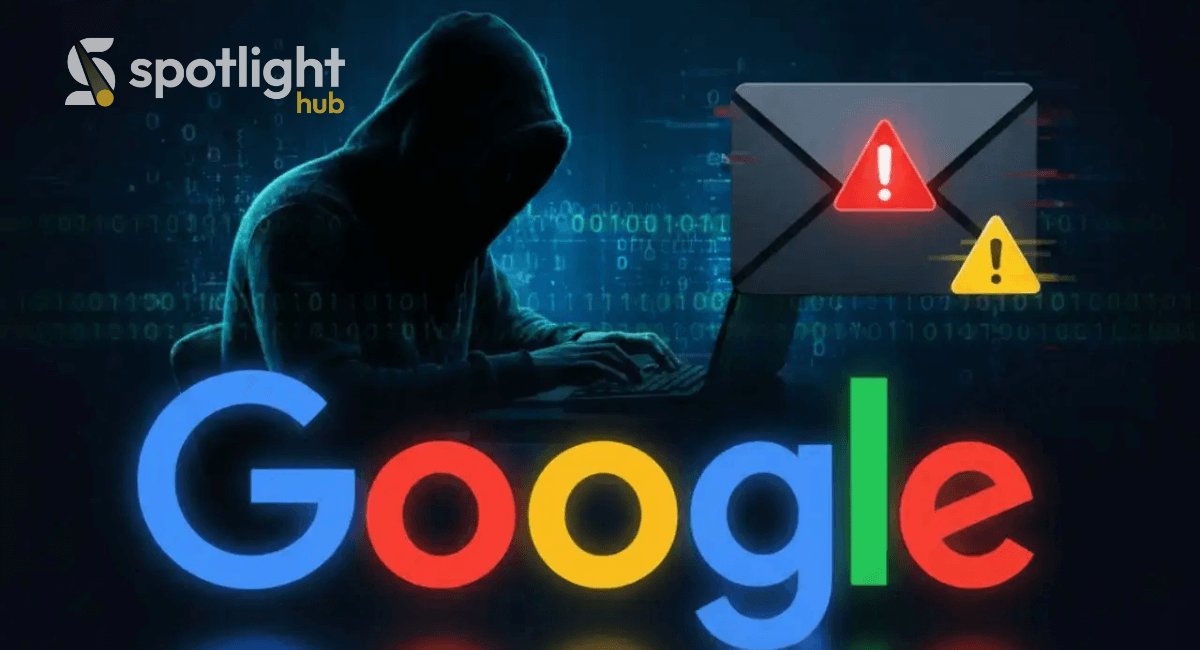Executives and IT teams around the world are being targeted by a wave of extortion emails that claim to have stolen sensitive company data. Google recently issued a warning to organizations to stay alert after noticing a surge in these threats, many of which allege breaches involving Oracle’s E-Business Suite.
How the Extortion Emails Work
Hackers are sending emails to senior executives, IT staff, and sometimes even finance teams. The emails claim that the attackers have access to confidential company data and demand large payments to prevent it from being leaked publicly.
Many of these emails appear well-crafted, often including company logos, executive names, and details that make the message seem legitimate. Some reports indicate that the extortion messages may be linked to the Clop ransomware group, known for targeting large organizations for financial gain.
| Element | Details |
| Target Audience | Executives, IT teams, finance departments |
| Claimed Compromised Data | Oracle E-Business Suite, sensitive company files |
| Payment Demands | Typically seven to eight figures; one reported case $50 million |
| Hacker Group Allegation | Clop ransomware group |
| Google Recommendation | Verify authenticity, strengthen cybersecurity, educate employees |
Risks for Organizations
These extortion campaigns are more than a nuisance. They pose serious financial and reputational risks for organizations.
Pros (from hacker perspective)
- High potential financial gain
- Pressure executives to act quickly
- Exploit lack of cybersecurity awareness
Cons (for organizations)
- Risk of paying large sums without guarantee of safety
- Possible public exposure of sensitive data
- Damage to company reputation
- Disruption of operations and employee stress
How Companies Can Protect Themselves
Google and cybersecurity experts recommend that organizations take proactive measures to defend against extortion attempts:
- Verify Claims: Never assume an email is genuine. Confirm through internal checks before acting.
- Strengthen Cybersecurity: Implement multi-factor authentication, firewalls, and intrusion detection systems.
- Employee Awareness: Train staff to identify phishing and extortion emails.
- Incident Response Plan: Have a clear plan for handling attempted cyber extortion.
Conclusion
The recent warning from Google is a stark reminder that cyber threats are constantly evolving. Executives and organizations must remain vigilant and invest in cybersecurity measures to protect sensitive data and avoid potential financial losses.
While the extortion emails can seem intimidating, following proper protocols and educating employees can significantly reduce risk. In the digital age, staying prepared is the best defense against cybercrime.










